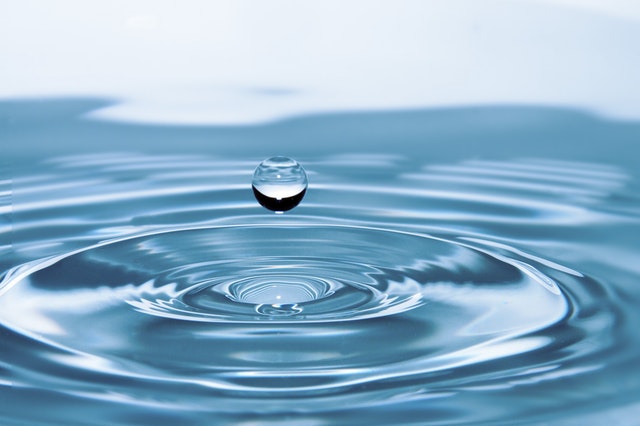Hard water is an issue that many American homes face, and it’s a problem with plenty of tell-tale signs. Hard water causes scaling or “lime scaling” and can leave tough stains in our sinks, create buildup on our faucets and appliances, and shorten the lifespan of your home’s plumbing. And that’s not all — hard water will often cause the skin to become dry or itchy and ruin clothing, as well. The good news is that it isn’t inherently dangerous to your health but can become a costly inconvenience for homeowners, and the only solution is to add a water softener to your home.
A water softener uses an ionic exchange process that removes the calcium and magnesium ions from the water supply and replaces them with sodium or potassium ions. The device will repeat this process several times throughout the day, depending on water consumption and other factors.
Here are the top five reasons you may need to add a water softener to your home.
- Get Your Water Tested
The quality of our water varies greatly depending on where your county acquires its drinking water. In the United States, it’s estimated that roughly 85 percent of American homes have hard water. Water hardness is classified according to the milligrams per liter (mg/L) of dissolved calcium carbonate: 0 to 60 mg/L is classified as soft to slightly hard; 61 to 120 mg/L is moderately hard; 121 to 180 mg/L is hard; more than 180 mg/L is very hard. The only way to confirm the hardness of your water is through proper testing and you can either have that done professionally or opt for one of the many DIY water-testing kits commonly available at hardware stores. You can also contact your local water department for water hardness levels.
It’s important to know what level of hardness your water is so that you can determine whether a water softener is necessary, as well as what kind of water softener you’ll need. Whether you see some or all the hard water signs, it is good to have your water tested to know what you and your family are using daily. There are many reputable brands on the market, such as Whirlpool water softeners, that offer whole-house water softening solutions.
- Staining
Hard water is nothing more than dissolved minerals such as calcium and magnesium, which can leave deposits or build up in our sinks, bathtubs, showers, plumbing fixtures, and much more. Essentially, if something interacts with water somehow, it will be susceptible to these deposit buildups. Caught early on, these stains can be removed with standard household cleaning supplies and a bit of elbow grease. Left unchecked, and these stains will often permanently ruin delicate finishes like chrome or brass.
- Scale buildup
Take a long hard look at your faucets or showerheads, and you might notice a hard, crusty substance around the water outlet. You might also see buildup left on your dish, which leaves a chalky film that’s difficult to remove. All of that is the result of hard water, and you can imagine what kind of havoc that buildup is reeking on expensive appliances like your washer, dishwasher, refrigerator, or water heater — not to mention the rest of your indoor plumbing. The performance of your appliances and indoor plumbing will eventually begin to suffer because their water lines are being restricted with scale buildup, inevitably leading to leaks and other plumbing woes. If you continually see noticeable buildup, there is a strong chance you have hard water issues.
- Dingy clothing
If you’ve noticed your clothes aren’t as vibrant, fade quickly, become rough and scratchy, or develop a sour smell — you could be dealing with hard water. Washing linens and clothing in hard water causes premature wear and can make your clothing feel uncomfortable.
- Irritated skin and coarse hair.
The minerals in hard water can cause plenty of discomforts, dry out our hair, create itchy or flaky skin, block pores, or even causing inflammation. Certain soaps don’t dissolve properly in hard water, often leaving a residue that traps bacteria and leads to other health issues. With a water softener installed, soaps are dissolved much more effectively, and owners often report their water taking on a “slippery” feeling.
